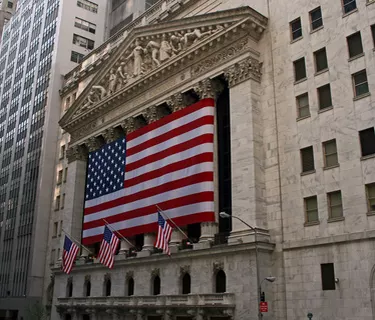
The definition of an economic recession varies. Most economists widely accept that it is a time period when the Gross Domestic Product (GDP) drops for two consecutive quarters and when unemployment rises by 1.5 percent or more in one year. Economic recessions can have a deep and lasting impact on the stock market as a whole.
Stock Prices
Video of the Day
Overall, stock prices go down during a recession. Investors may begin selling off their stocks in favor of investment instruments not as largely affected by market volatility such as Treasury Bonds. This sell off causes stock prices to drop even further, causing an overall drop in the stock market. Lower stock prices due to a recession causes business profits to fall and often forces businesses to slow production and lay off employees, further deepening the recession.
Video of the Day
Decreased Dividends
The result of a company’s stock price falling during a recession is a decrease in earnings. When earnings decrease, so do dividends since companies pay cash dividends through earnings. If the recession is deep enough, a company may quit paying dividends altogether. This lowers shareholder’s confidence in the profitability of the company inducing them to sell their shares. This further lowers the stock price and further depresses the stock market as a whole.
Market Volatility
The stock market moves up and down largely on investor outlook on future stock market conditions. Many refer to this as investor sentiment. During a recession, investor sentiment is largely pessimistic and stock market volatility is higher than normal. Investment risk increases while average returns decrease with higher market volatility. As a result, investors begin moving away from riskier securities to less risky bonds. This often leads to a decline in stock market investment, causing a decline in overall stock market value.